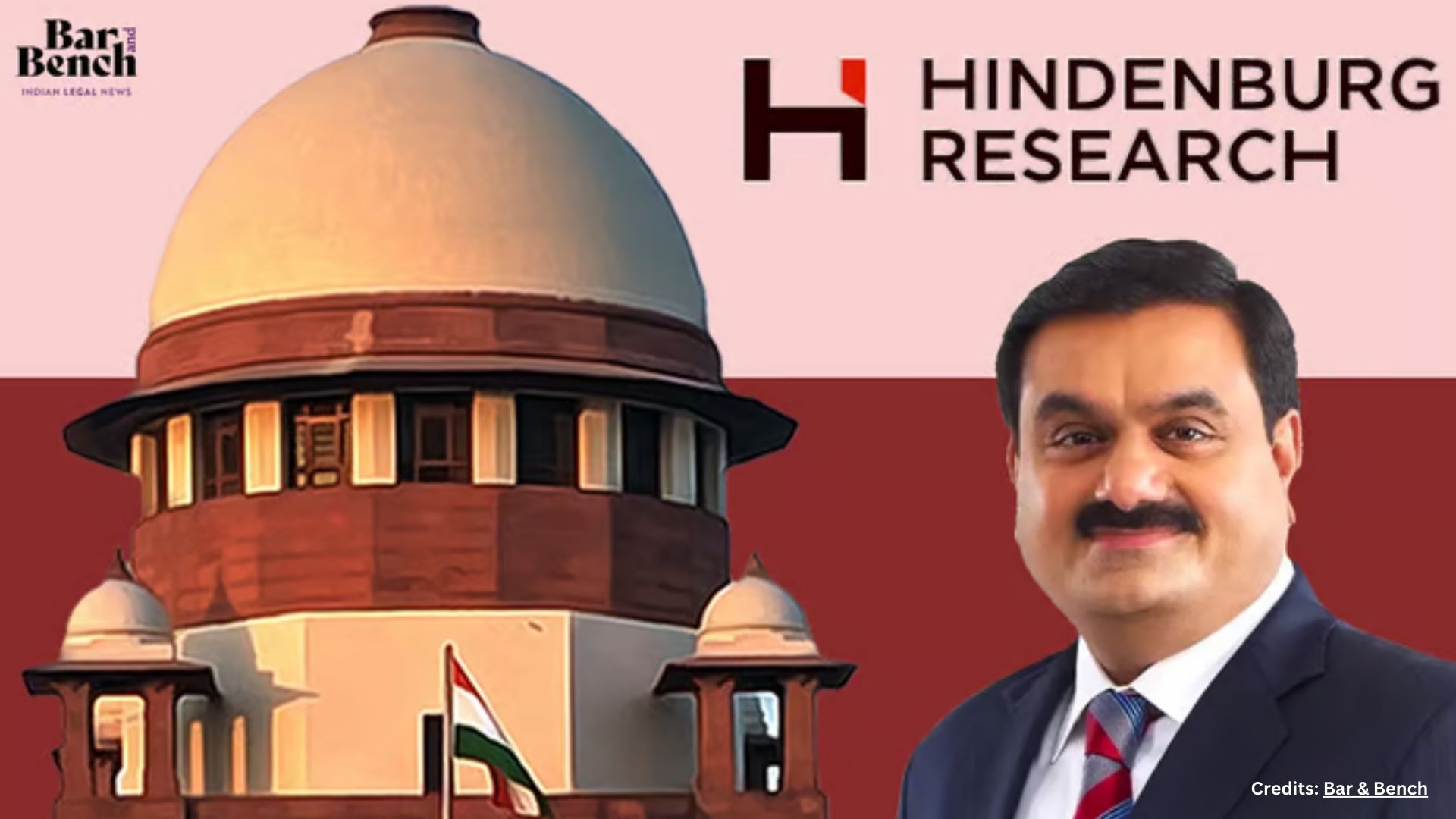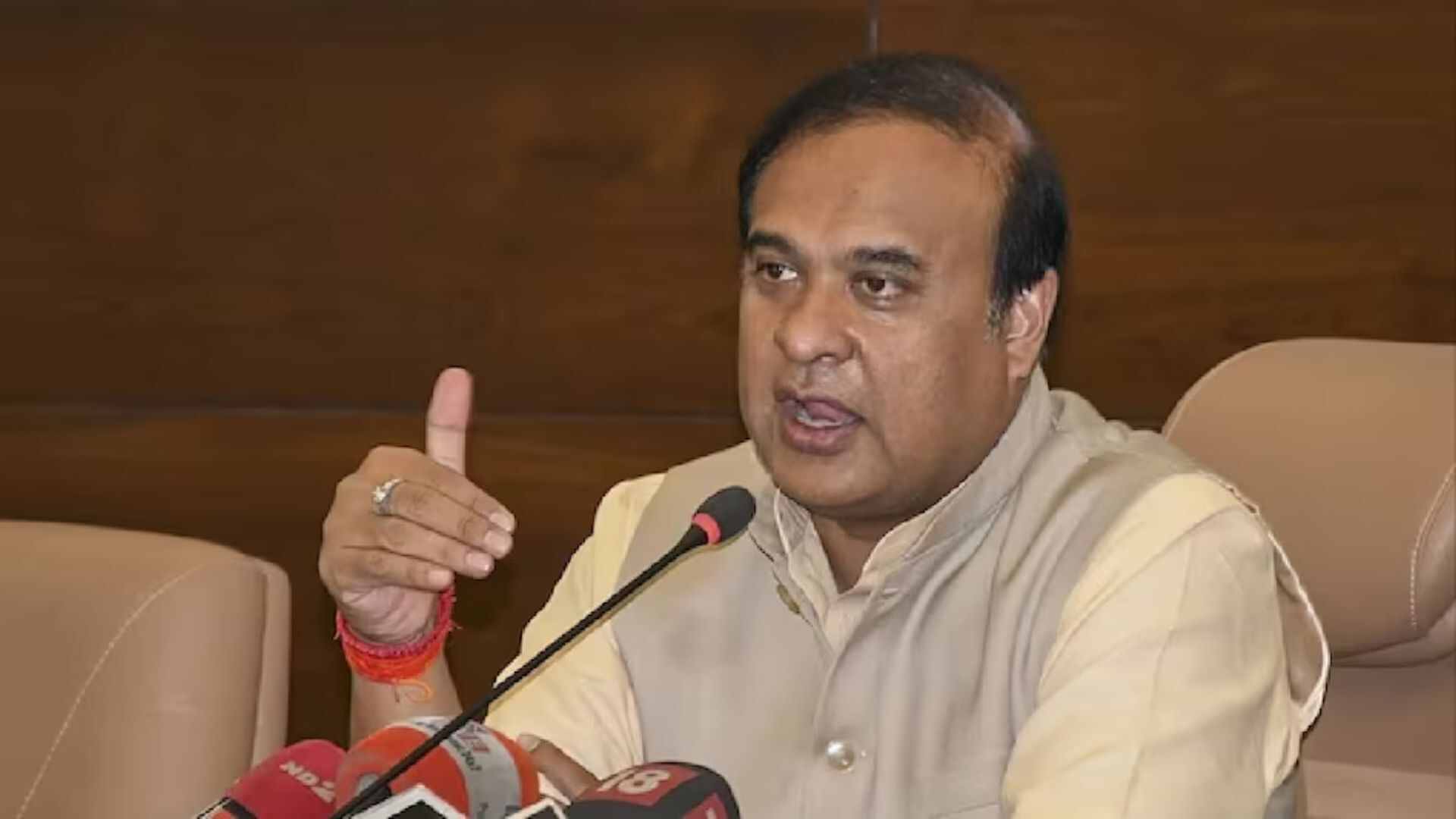The Supreme Court has ruled that the Securities and Exchange Board of India (SEBI) did not exhibit any regulatory failure in the Adani-Hindenburg controversy. The judgment emphasizes that reliance on unverified press reports is insufficient and cannot serve as a foundation for regulatory lapses.
The case, extensively covered by @DebayonRoy, involved a dispute between SEBI and Hindenburg Research over the regulatory body’s handling of complaints against Adani Group. The verdict is seen as a victory for Gautam Adani, who expressed gratitude for the support and affirmed a commitment to India’s growth story.
[BREAKING] No regulatory failure by SEBI in Adani-Hindenburg row, reliance on unverified press reports cannot stand: Supreme Court
report by @DebayonRoy #SupremeCourt #AdaniHindenburgCase #AdaniGroup https://t.co/gTMjvveOns
— Bar & Bench (@barandbench) January 3, 2024
Gautam Adani took to Twitter, stating, “The Hon’ble Supreme Court’s judgment shows that truth has prevailed. Satyameva Jayate. I am grateful to those who stood by us. Our humble contribution to India’s growth story will continue. Jai Hind.”
The Hon’ble Supreme Court’s judgement shows that:
Truth has prevailed.
Satyameva Jayate.I am grateful to those who stood by us.
Our humble contribution to India’s growth story will continue.
Jai Hind.
— Gautam Adani (@gautam_adani) January 3, 2024
The apex court’s decision underscores the importance of relying on verified and substantiated information in regulatory matters, emphasizing the need for a robust foundation for allegations. The judgment is likely to have implications for how regulatory bodies handle complaints based on media reports, reinforcing the significance of thorough investigations.
As this legal chapter concludes, the focus may now shift to ensuring the transparency and accuracy of information in the financial market, with regulatory bodies potentially refining their approaches to handling complaints and allegations.







